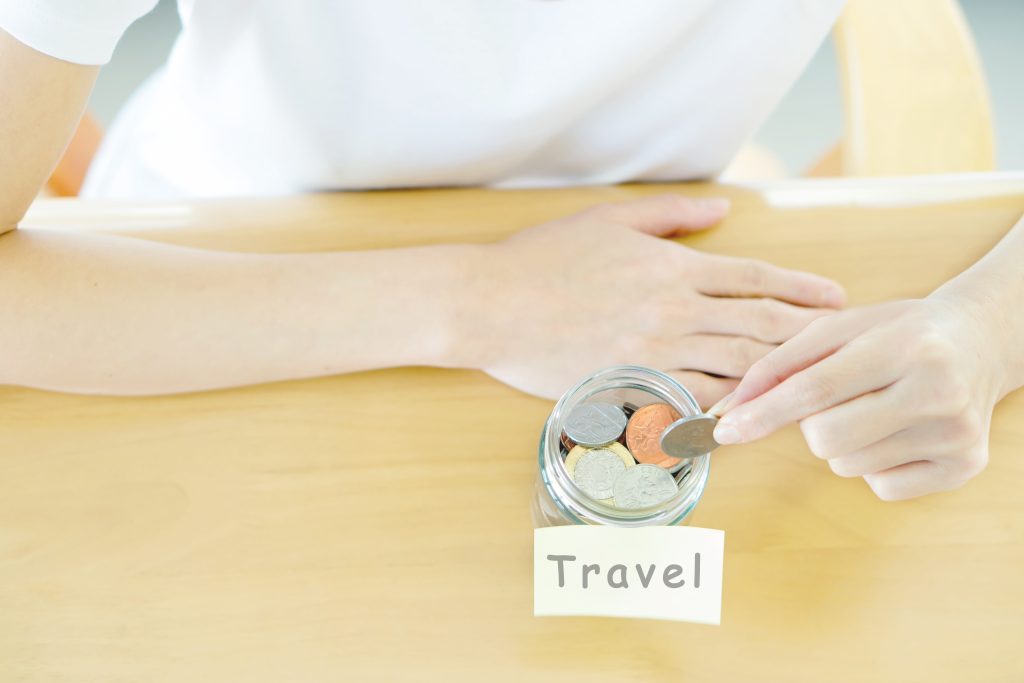Are You Paying More Than You Should While Traveling?
There is so much to uncover when you travel overseas, get the opportunity to meet new people, view amazing sites, and experience a life different from your own. There are numerous countries all across the globe with breathtaking views and rich culture that pull millions of tourists every year.
But while this is exciting, low-quality services aimed at tourists try to benefit from outside visitors who are not used to local business practices and charge unreasonable prices. This form of trickery leads so many traveling customers to pay far more for goods, services, or experiences than they had to. And this is not only true for restaurants or shops — there are other… less obvious ways for tourists to be cheated while on vacation.
In order to not be “taken for a ride” as your fellow countrymen abroad would say, it’s worthy to learn the most widespread scams and money grabs aimed at travelers in foreign countries.
1. Debit Card Fees
Paying with a debit card when abroad has its obvious appeal, but it will most likely come at a high price. Foreign transaction fees of up to 3% are standard for major credit cards like Mastercard and Visa. Additionally, if an ATM charges roughly $5 for each withdrawal using a foreign card, this additional banking cost only adds to the fuel.
If that wasn’t bad enough, credit card companies have some of the worst conversion rates, banking profits of close to 5%, each time you make a payment, making it extremely expensive for the consumer.
To avoid these fees, try opting for cash in local currency rather than using debit or credit cards.
2. Unjust Currency Conversion Prices
Cash may help you avoid certain bank fees or surcharges but then again, cashing it has risks too. Many currency exchange dealers rip off tourists who aren’t familiar with current market rates as they may offer flopping rates or completely reverse exchange rates to con travelers into accepting bad deals.
Do a simple google search on trustworthy exchange dealers ahead of time to avoid being conned. Preferably, change your currency to the one(s) used in the country you’re going to because there is more transparency in rates in those countries.
3. Extremely Priced SIM Cards
International SIM cards are mass marketed by foreign airports to travelers coming into the national airports. But the sad fact is that these international SIM cards are often sold at over-exaggerated prices due to the fact that tourists are not used to the rates found within the country. Some sellers may even sneak additional fake telecom tax to scam the customers further.
In order to avoid scams, purchase your SIM card from a recognized telecom company in the host country. Otherwise, minimize your reliance on cellular services by making free calls and sending messages using free Wi-Fi that’s often available.
4. Taxi Exorbitant Prices
Taxis are one of the highly abused means of transport in many countries. This is because there are one or very few regulations that seem to control the taxi business which leaves a free space for many scams.
Riding taxis at airports is, of course, abnormally expensive due to dishonest drivers who often take advantage of new arrivals by charging them unscrupulous fares that are sometimes?! up to ten (10) times the local fare.
You should always familiarize yourself with common taxi rates in the countries that you are going to visit, or alternatively book rides through rideshare services like Uber and Lyft, if you do not want to haggle over the fare.
5. Exorbitant Hotel Charges
Even though one can access good hotels from as low as $20 per night in many parts of the world, western-controlled hotel chains expect raw deals that are no different from big cities in the West all around the globe.
To cut on costs and make the most of affordable the best deal, try to find reasonably priced local hotels that have also good reviews. Also, in case you want to stay for a longer period, do not hesitate to call the hotel and ask them for a cheaper weekly rate.
6. Restaurants Targeting Tourists
There are many pleasurable components of travel, one of which is to try out local dishes. But there exist a few restaurants that are purposefully meant to cater to tourists who pay gut-wrenching prices, which are a lot more than what they would usually find in their home country.
When planning to dine out, you can look around and figure out who the diners are. If a restaurant has lots of local people inside who are not tourists or foreigners, the prices are likely to be realistic. Otherwise, if a venue has no local clients, tourists-only venues have overpriced food and are probably tourist traps.
7. Gratuity Expectations
Customs for tipping vary from region to region across the world usually.
Gratuity is appreciated and expected in most Western countries while in others like certain nations in Asia, it is not customary to give tips at all as service fees are included in the bill.
Before leaving, it would be wise to look up the tipping culture of your intended destination. Otherwise try to inquire with fellow restaurant-goers or people around to know the tipping etiquette one should use.
Know The Requirements To Save Money
Understanding the specifics of travel scams is the best way to avoid falling victim to them. Do some research about the normal tourist scams as well as the rules around the place you will be visiting even before arriving there.
There is no doubt that each and every place is different and has its own set of challenges and risks associated with them but being vigilant and updated will ensure that your trip goes as smoothly as possible. All it requires is some basic planning which will allow you to focus on getting the best possible experience out of your global escapade.






